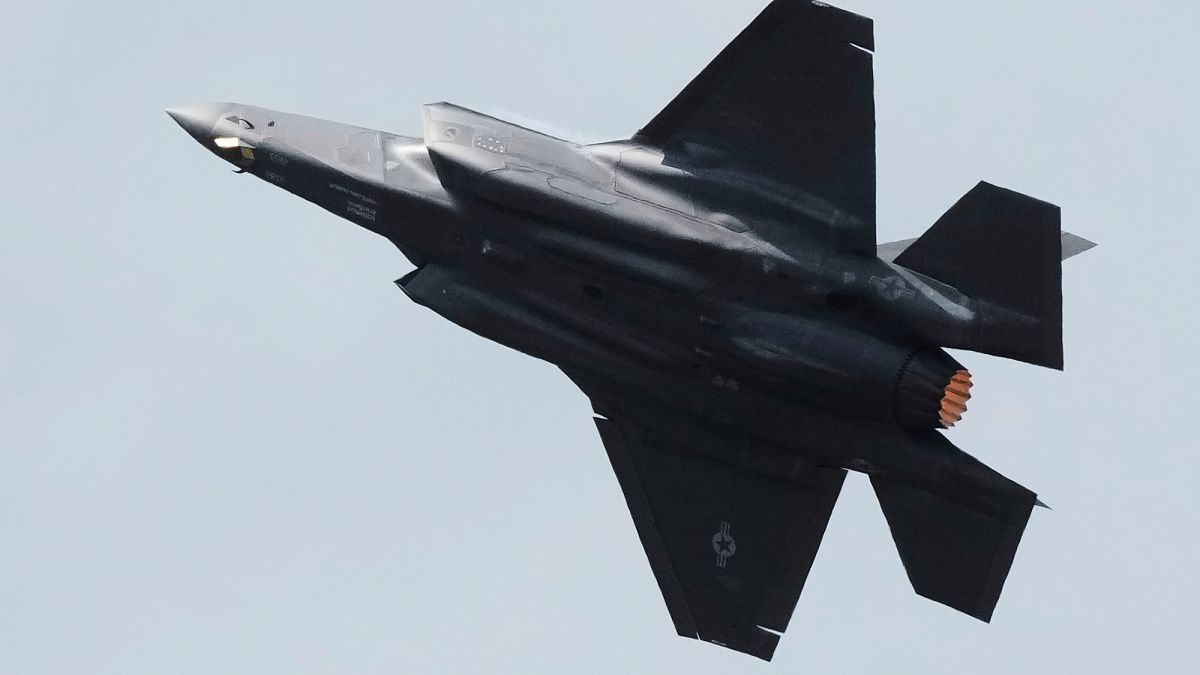

In recent days, the world has witnessed significant events unfolding across various geopolitical landscapes, with key developments in the Middle East, Ukraine, and Iran. These stories, each impactful in its own right, contribute to the ever-evolving tapestry of international relations and regional dynamics. This article provides a calm and balanced overview of these significant occurrences, engaging readers with thoughtful insights while maintaining factual precision.
In the United Kingdom, a judicial decision reaffirmed the country’s military ties with Israel. The UK High Court has dismissed a legal challenge aimed at halting military parts sales to Israel. The court’s decision underscored the importance of such transactions in the context of national security, acknowledging the vital role they play in defense cooperation and broader international peace efforts. The ruling stresses that these sales are considered crucial not only for Israel’s defense mechanisms but also for the UK’s own strategic interests and global security commitments.
Meanwhile, tensions in the Middle East have been escalating. In Israel, continuing operations in Gaza have resulted in significant civilian displacement. Tens of thousands of people have fled parts of Gaza City following warnings from the Israel Defense Forces about an impending major offensive. The humanitarian impact of this movement is profound, with affected families seeking safety in already overcrowded areas lacking essential resources. These developments coincide with reports of ongoing violence and clashes, and as part of broader efforts to broker peace, Israeli officials are scheduled for talks in Washington to pursue a potential ceasefire.
In the West Bank, tensions flared as settlers engaged in confrontations, resulting in tragic outcomes. An incident in which three Palestinians lost their lives marked a sombre day, highlighting the complexities and challenges inherent in the region’s security landscape. Such events underline the intricate interplay of regional politics and their far-reaching humanitarian impacts.
Turning to Eastern Europe, Ukraine has announced its intent to withdraw from the Ottawa Convention, which prohibits the use of anti-personnel mines. This decision aligns Ukraine with several of its allies, including Poland and the Baltic States, echoing shared concerns about security amidst tensions with Russia. Simultaneously, reports have emerged suggesting that Russian forces might have gained control over a village in Ukraine’s Dnipropetrovsk region. Though these claims await confirmation from Ukrainian authorities, they signify a potential shift in the ongoing conflict, which has been a focal point of international attention.
Further east, Iran’s position on nuclear development has been clearly stated by its UN ambassador. Tehran reaffirms its right to pursue nuclear enrichment for peaceful energy purposes under international treaties. While the ambassador articulated Iran’s readiness for negotiations, he emphasized that genuine dialogue must not be premised on complete submission. This stance is set against a backdrop of complex diplomatic engagements aimed at ensuring regional stability and addressing global nuclear proliferation concerns.
These diverse developments across different regions of the world reflect the complexities and interdependencies of contemporary geopolitics. They serve as reminders of the delicate balance required in diplomacy and the pursuit of peace. As the international community observes and reacts to these situations, the fundamental need for dialogue and cooperation remains imperative in navigating these challenging times. The stories from the UK, Middle East, Ukraine, and Iran underscore a collective quest towards sustained peace and security, each step carefully measured in the journey towards a more harmonious global future.
Source: {link}
